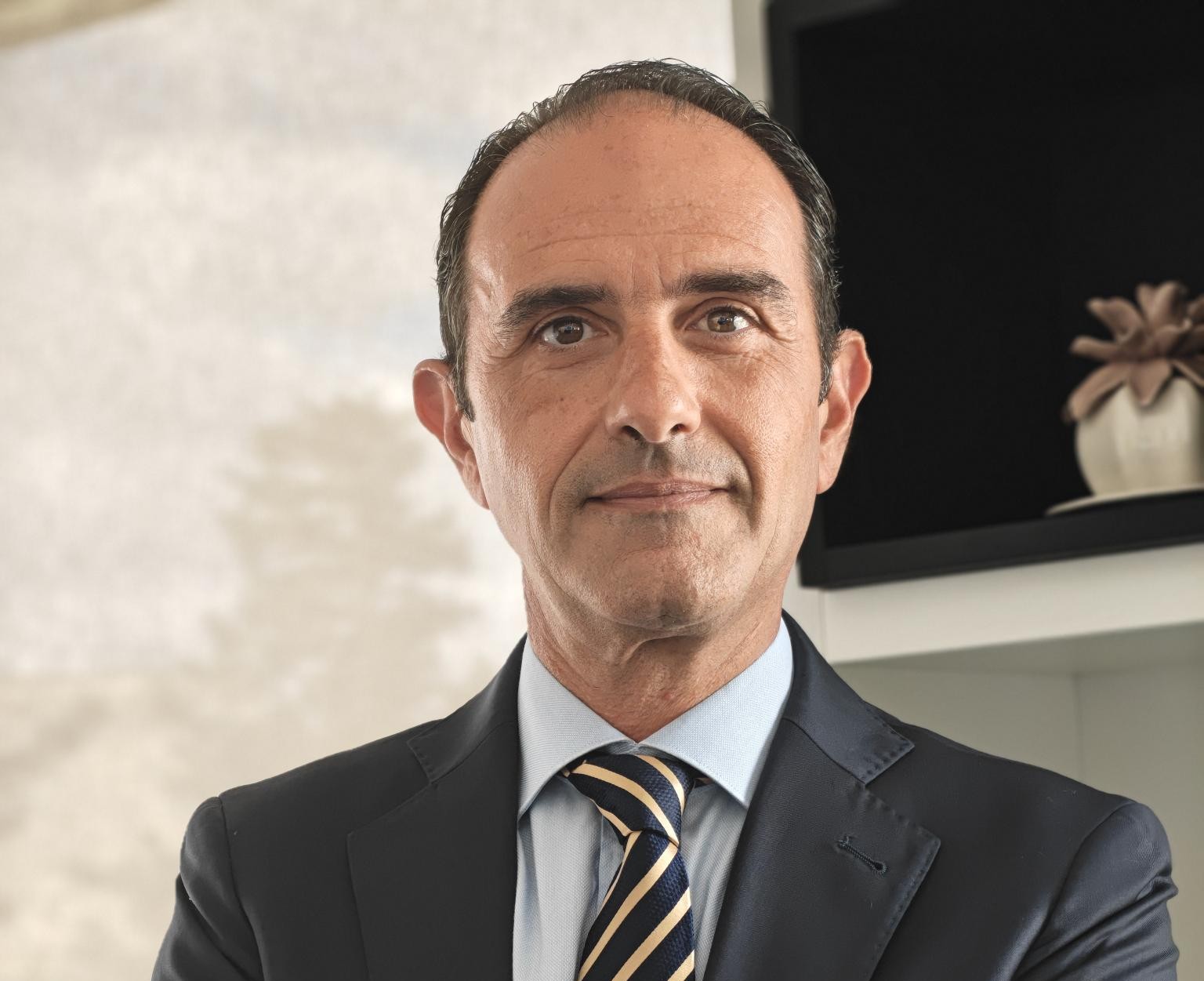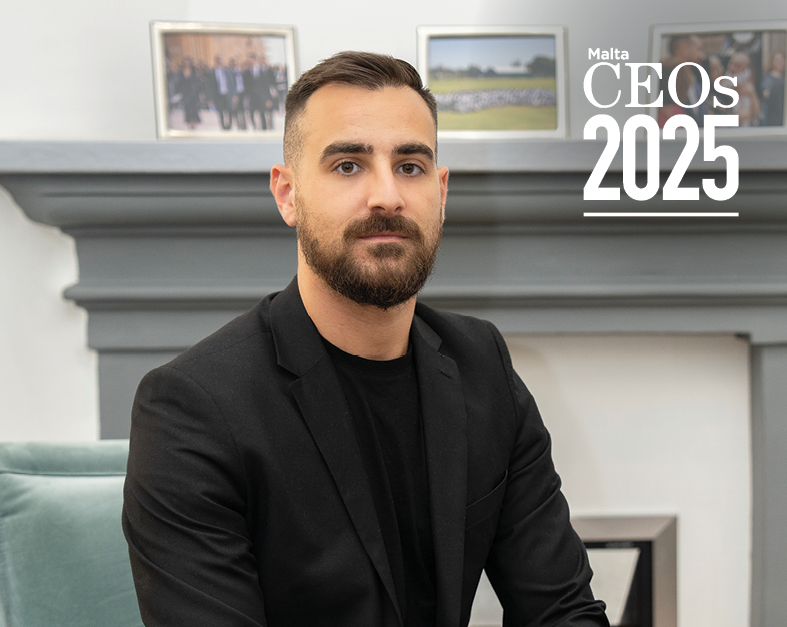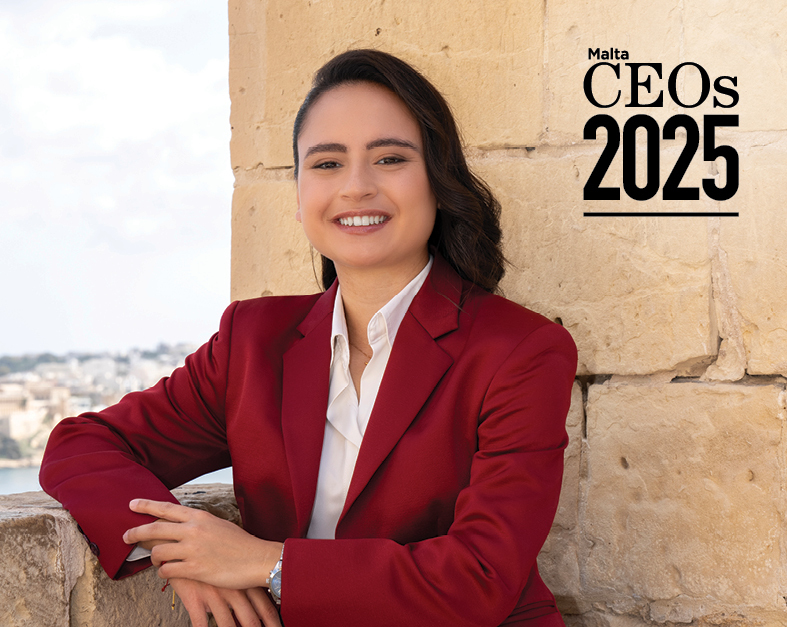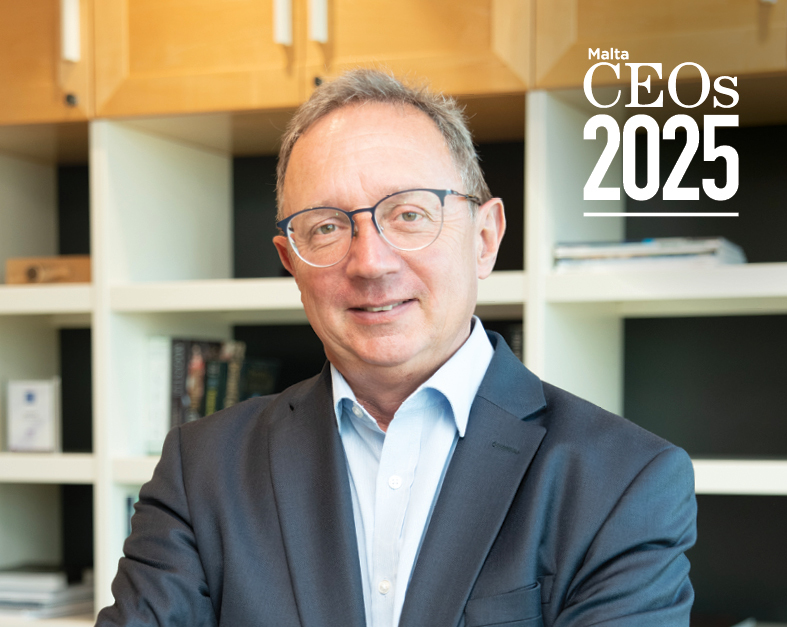JP Fabri, Partner at Seed Consultancy, warns against blanket restrictions on foreign workers, advocating for a strategic overhaul of Malta’s labour market. While acknowledging their vital role in key sectors, he stresses the need for international talent to complement – rather than dominate – the workforce.
“A shift towards high-value, technology-driven sectors, such as information and communication technology or professional services, could reduce dependence on low-wage foreign labour,” he says.
“Policies that incentivise productivity-enhancing investments, such as automation or Artificial Intelligence (AI) in hospitality, can support this transition while creating higher-paying roles that attract local talent.”
Mr Fabri believe that while this transformation takes shape, the immediate reality remains that foreign workers are vital to Malta’s economy. However, their short tenure – evidenced by a median stay of three-and-a-half years – raises sustainability concerns.
To address this, he argues, Malta must enhance socio-economic integration through streamlined permit systems, affordable housing and pathways to permanent residency. “Such measures not only improve retention but also foster long-term stability in sectors heavily reliant on foreign labour.”
He continues: “Looking ahead, Malta’s workforce demands over the next three to five years will be shaped by demographic shifts, technological advancements and evolving economic priorities. Policymakers must adopt forward-looking strategies that prepare the labour market for future demands. Promoting lifelong learning is essential to enable workers to adapt to dynamic roles, particularly as automation and digitalisation reshape industries. Additionally, investments in public infrastructure, such as affordable childcare and efficient public transportation, are critical to supporting workforce participation across demographics.”
Mr Fabri acknowledges that the success of these initiatives hinges on close collaboration between Government and business. “Public-private partnerships can drive industry-aligned curricula, while tax incentives can encourage businesses to invest in automation and reskilling. Aligning these efforts with a national productivity strategy will ensure Malta balances economic growth with population sustainability.”
Ultimately, addressing these challenges requires a holistic strategy that prioritises skills, innovation and inclusion, Mr Fabri believes.
“A balanced labour market will not only sustain Malta’s growth but also enhance its resilience in an increasingly competitive global economy.”
This forms part of a feature first published on Malta CEOs 2025, the sister print brand to MaltaCEOs.mt, both owned by Content House.
CEO overseeing Housing Authority’s transformation appointed to EU Housing Advisory Board
Matthew Zerafa is reforming the Authority’s approach to housing solutions, addressing changing demographics while maintaining its core social mission.
‘It’s unwavering persistence that drives breakthrough achievements’ – Manila Di Giovanni, DWorld CEO
'Our virtual economy hub will showcase Malta’s heritage, local enterprises, startups, and public institutions on the global stage.'
‘If you believe in what you’re trying to achieve, you’re already halfway there’ – Jordan Camilleri
The co-founder of Health & Co describes establishing and running a business as a life-long learning process.
‘We want to push the boundaries. We want to lead’ – AX Group CEO and Deputy Chairman Michael Warrington
His experiences working across various industries, have provided Michael Warrington with valuable insights into how AX Group's businesses are affected.









